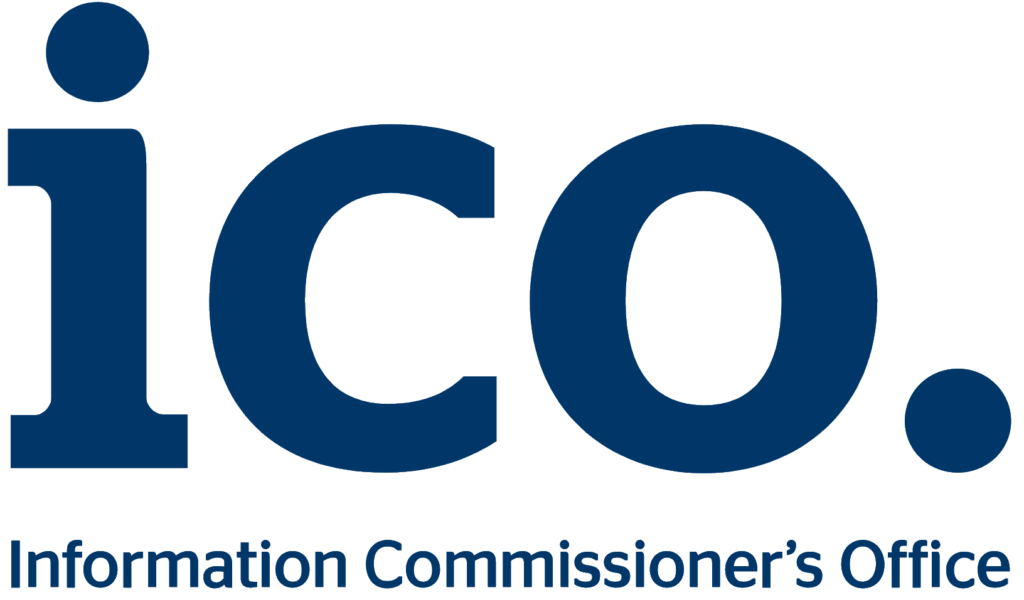Owning a leasehold property often entails a plethora of financial commitments, one of the most significant being service charge payments. However, scenarios often arise where leaseholders accrue arrears on these charges, leading to a host of legal complications. The service charge arrears time limit plays a crucial role in determining the course of action for the property’s freeholder or management company. This article provides an extensive examination of the topic, exploring various aspects such as the implications of the 18-month rule, leaseholder rights, and the avenues for dispute resolution.
The 18-month Rule and its Implications
Understanding the 18-month Rule
The 18-month rule is a crucial legal provision stipulated under Section 20B (1) of the Landlord and Tenant Act 1985. According to this rule, landlords can only recover service charges if they have demanded payment from their leaseholders within 18 months of incurring the relevant costs. If landlords fail to make such a demand within the specified time frame, they may lose their right to recover those costs.
The Role of Written Notifications
While the 18-month rule may seem stringent, the Landlord and Tenant Act 1985 also offers a provision for landlords to bypass this limitation. Under Section 20B (2) of the Act, landlords can notify leaseholders in writing within the 18-month period, informing them about the costs incurred and their obligation to contribute towards them through service charges. In such cases, the 18-month rule does not apply, and landlords can recover the costs in full.
The Question of ‘Incurred’ Costs
Identifying when costs are ‘incurred’ is pivotal in understanding the 18-month rule. As per the Court of Appeal’s ruling in the case of OM Property Management v Thomas Burr [2013] EWCA Civ 479, a cost is deemed to be incurred either on the date the landlord receives an invoice for the relevant cost or when the landlord makes payment for the same, whichever occurs first.
The Limitation Period for Recovering Service Charges and Ground Rent
The Time Limit for Recovery
The Limitation Act 1980 prescribes the time limits within which landlords or management companies can initiate legal action to recover service charges or ground rent. The Act states that legal action based on a contract must be brought within six years of the date when the cause of action arose. In the context of service charges and ground rent, this would usually be the date when the charges should have been paid.
The Exception for Lease Executed as Deeds
A notable exception to the six-year limitation period applies when the lease has been executed as a deed. In such cases, if the service charge is not recoverable as rent, the limitation period for service charge recovery extends to 12 years. For a lease to qualify as a deed, it must have been sealed and witnessed at the point of completion.
The Limitation Period for Ground Rent Arrears
With regard to ground rent arrears, the limitation period consistently remains at six years. Therefore, landlords cannot recover ground rent payments that have been overdue for more than six years.
Dispute Resolution and Tribunal Applications
The Right to Challenge Service Charges
Both landlords and leaseholders possess the right to challenge service charges. Leaseholders can dispute the reasonableness of the service charges, while landlords can seek to uphold them. In such cases, the matter can be taken to the First-tier Tribunal (Property Chamber) or the Leasehold Valuation Tribunal (LVT) in Wales for determination.
Alternative Dispute Resolution
In addition to tribunals, alternative dispute resolution methods such as mediation can be employed to resolve service charge disputes. Mediation can provide a less adversarial and potentially more cost-effective avenue for resolving such issues, fostering cooperation between the disputing parties.
Conclusion
Understanding the service charge arrears time limit is crucial for landlords, management companies, and leaseholders alike. By staying informed about the relevant legal provisions, landlords can effectively recover service charges and ground rent, while leaseholders can ensure that their rights are protected. Early communication, strict legal compliance, and recourse to expert legal advice form the cornerstone of successful service charge recovery. Working with a professional agent such as Strangford Management Ltd can result in fewer arrears, a more transparent financial structure and few legal complications when it comes to managing your developments cash flow so contact us today to find out more about how we can improve the financial management of your building.
Read more…
- EWS1 Form Explained: Hidden Requirements Your Surveyor Won’t Tell You
- NHBC Cover Explained: Your Essential Guide for Leaseholders (2025)
- Ministers Set £30bn Cladding Crisis Deadline for 2029
- Service Charge Disputes Made Simple: Your Rights as a Leaseholder
- Breaking: Leasehold Reform Scraps Two-Year Wait Rule From January 2025




